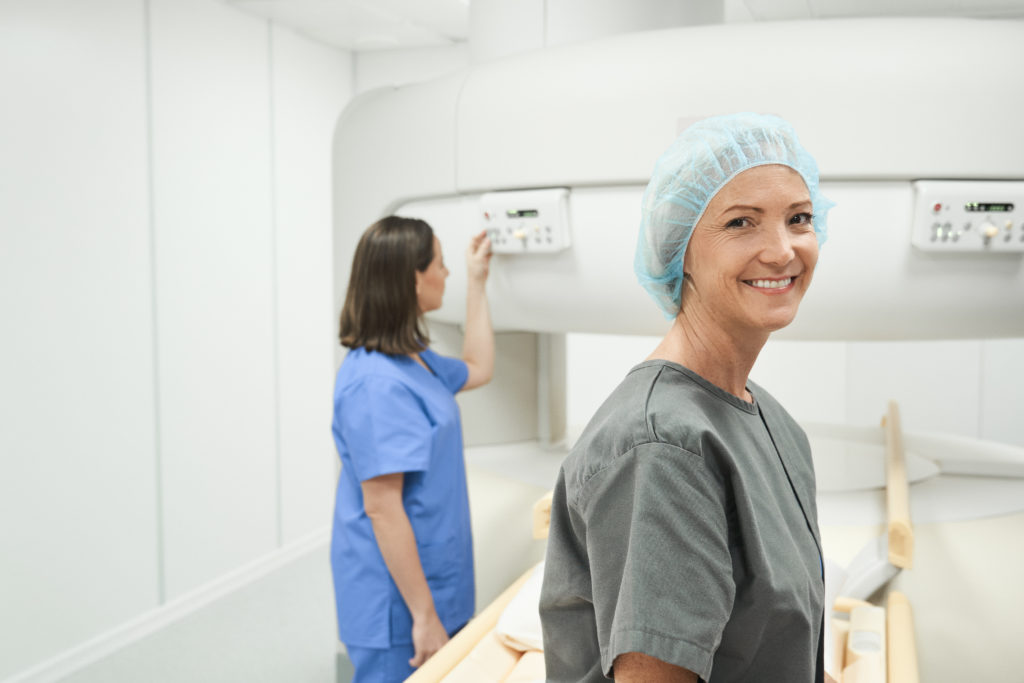EORTC 13.08/TROG 15.02 – ROAM
Radiation versus Observation following surgical resection of Atypical Meningioma: a randomised controlled trial
TROG Cancer Research brain cancer trials are focused on testing new treatment methods that lead to better patient outcomes.
While the causes of brain cancer are not fully understood it occurs when abnormal cells in the brain grow in an uncontrolled way. Brain tumours can be benign or malignant. An example of a benign brain tumour is a meningioma. The most common malignant brain tumours are called gliomas. These include astrocytoma, glioblastoma multiforme (GBM) and oligodendroglioma.
It’s estimated approximately 1,900 Australians were diagnosed with brain cancer in 2020, the majority being male. The chance of surviving brain cancer for at least five years following diagnosis sits at 22 per cent.
Treatment for brain cancer depends on the stage of the disease, the severity of symptoms and the person’s general health. Treatment may involve surgery to remove the affected area of the brain Radiation therapy and/or chemotherapy may also be used to destroy cancer cells.
TROG Cancer Research trials aim to determine more effective radiation therapy treatment regimens that result in better outcomes for people diagnosed with brain cancer. Generous financial support and willing trial participants are the key to achieving this goal.

Our clinical trials typically involve testing new hypothesizes aimed at developing better treatment regimens to help improve survival rates and quality of life for people with cancer.
The TROG 07.03 RadioHum trial evaluated the impact of humidification on mucositis in patients treated for head and neck cancer. Although it did not demonstrate a significant difference between the mucositis experienced by the two groups, the results show that humidification can play a role in reducing symptoms during radiotherapy for head and neck cancer.
On average, patients who received humidification spent 57 per cent as many days in the hospital to manage side effects. The return of eating patterns to close to normal was also significantly higher at three months after radiotherapy in the group using humidifiers. The secondary analyses are currently underway.
One in three Australians will be diagnosed with cancer and donations are vital in ensuring TROG Cancer Research continues to produce and support quality clinical cancer research. Our cancer trials save lives and change lives, but we need your help.
All donations of $2.00 and over are fully tax-deductible and you will receive a receipt from TROG Cancer Research.
The most convenient way to donate to TROG Cancer Research is to make a secure online donation today.
For over 30 years, Trans-Tasman Radiation Oncology Group has been dedicated to improving the way radiation medicine is delivered to cancer patients with ongoing scientific research, clinical trials, and cutting-edge technology.
Latest News
Keep up to date with TROG news, subscribe to our community newsletter.
ABN: 45 132 672 292